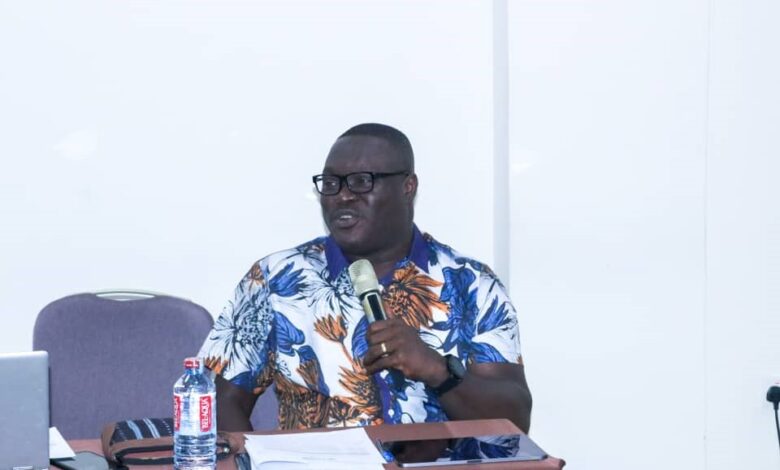Ghana risks losing $3m due to unpaid surface rentals by IOCs

The Government of Ghana may have lost between $2 million to $3 million in 2023 due to unpaid Surface Rentals owed by International Oil Companies (IOCs), according to Richard Ellimah, a member of the Public Interest and Accountability Committee (PIAC).
Speaking during a media engagement in Ho on August 18, Ellimah highlighted that Surface Rentals, amounting to $2,738,365.29, are a crucial revenue source for the government. However, the non-payment by some companies has led to significant financial losses for the country.
Ellimah noted that while all IOCs operating in Ghana are required to pay these fees, some have defaulted, resulting in substantial financial setbacks. He explained that some companies delay payments, promising to fulfill their obligations after production begins, but many fail to do so. In some cases, companies exit the country without settling their debts, further straining the state’s finances.
To address this issue, Ellimah suggested the government enforce stricter measures to ensure Surface Rentals are paid before or during production. He proposed integrating these payments into the companies’ social commitments, preventing them from leaving without meeting their financial obligations. He also urged the Ghana Revenue Authority (GRA) to intensify efforts to recover outstanding Surface Rentals and apply default penalties to ensure compliance.
Beyond the issue of unpaid Surface Rentals, Ellimah expressed concerns about the current approach to spending petroleum revenue in Ghana. He argued that spreading these funds across numerous small-scale projects diminishes their overall impact and undermines PIAC’s mandate to ensure transparent and beneficial management of petroleum revenues for all Ghanaians.
Ellimah called for a more strategic approach to oil revenue spending, suggesting a focus on funding legacy projects—large-scale initiatives that would have a significant and lasting impact on the wider public. He praised the use of oil revenue to fund the Free Senior High School (Free SHS) program but urged the government to prioritize substantial infrastructure projects. He cited examples from Algeria and Nigeria, where petroleum revenues have been used to fund significant legacy projects, such as Algeria’s 26-year construction of an underground railway.
Ellimah cautioned against the practice of co-mingling oil revenue with other funds, as this dilutes the visibility and impact of the revenue. He stressed that after 13 years of oil production in Ghana, the impact of the revenue should be more tangible, and citizens should clearly see the benefits derived from these resources.
PIAC is an independent statutory body tasked with promoting transparency and accountability in the management of petroleum revenues in Ghana. Established under Section 51 of the Petroleum Revenue Management Act (PRMA) 2011 (Act 815), PIAC plays a crucial role in ensuring that the country’s petroleum resources are managed in a manner that maximizes benefits for all Ghanaians.




